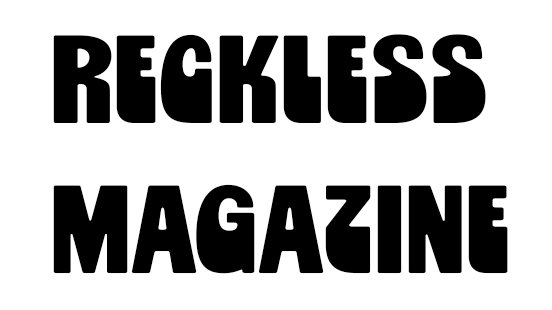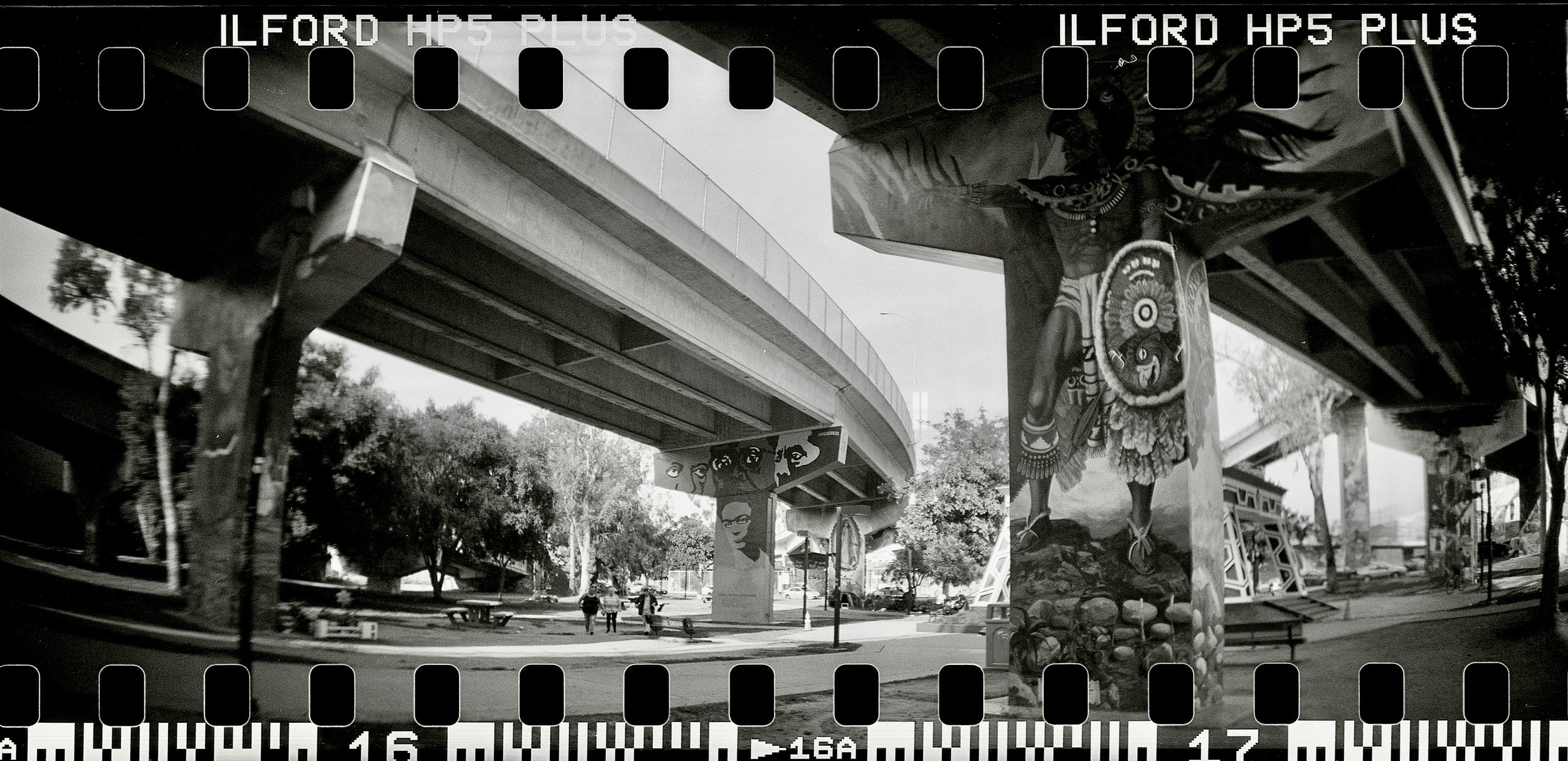De La Calle

Seguir hechandole chingasos
Photography By Andy Flores
Los Angeles street photographer Andy Flores opens up about keeping his sanity in check, how Southern California Chicano culture has influenced the rest of the world, and his love of hearing people’s stories.
Los Angeles, USA
How did you begin your journey as a photographer?
I picked it up in 2011-2012 as a distraction to keep my sanity in check because of the personal stuff I had going on, not knowing what I was doing with a camera. I just shot whatever I found interesting at that time and everything was really random. I'd say that was a rock bottom point.
Once I got past that point I left it alone for years till the end of 2019. I was fired from my job in November of 2019 so I said “Give me unemployment, f*ck you pay me, I’m taking a break and shooting again”. Covid hit so I said I’m hitting the streets now that they're empty and so I did, everyone was home and streets were empty so I took advantage. I shot so much during covid that I got pretty skilled I’d say. I was shooting almost every day during 2020 and so here we are today.
What have you learned along the way?
I've learned that people are very interesting with photography, I shoot more portraits now. I love studying and reading people and hearing their stories. I’ve met some really good solid people along the way and I thank them for that.
How would you describe your style? What makes your perspective unique?
I consider my style more street, raw, and documentative. I like to tell a story with my photos and I hope they do that. I like to feature different things so you'll never know what I'll be shooting next. I've never like to have a title or theme so I don't get stuck in a box. I find the beauty in almost every culture or subculture so who knows what's next.
What are some struggles you've experienced as a photographer? How did you overcome these struggles?
Like in almost every art form you hit writers block, in this case photographers block, if that's a thing. People think you can point n shoot and boom but I've became more selective on what I’m shooting. I like authenticity in my photos and that's hard to come by nowadays. Another one was people not trying to help at all and its ok but I jumped into photography not knowing anyone who did it. I was ignored a lot at first and its ok because I found a way regardless. Let me tell you that those that have helped I keep them in mind and never forget.
Tell the story behind one of your images.
When I was shooting The Mongols just to get these shots I was being shi**ed on, my name was being dragged through the mud so this shoot wouldn't happen by some individuals. Some rumors were started that could've brought heat on me but people did their research and what I was working on at the moment. I didn't worry about anything cuz I’ve never had to lie to anyone to get shoots. Its a complicated story but my name was cleared and as you can see this photoshoot happened.
You are based in Los Angeles, California. How does this city inspire you?
It is LA based because of its layout and its people all around. LA is a magnet for interesting people and iconic locations. Previously I said the streets were empty in 2020 and around LA its a photographers playground but I actually grew up in La Puente which is 20-30 east of Downtown which wasn't too different from any other neighborhood in Southern California, especially in the 90s.
The majority of your work focuses on documenting Chicano culture. Why is this documentation important to you?
I’m proud of being Mexican and my culture but the street culture was some of what I saw growing up in the 90s; to see it make a full circle like it did, I definitely wanted to capture it. Southern California is interesting for Chicanos, Latinos, or Hispanics. Whatever you feel is politically correct or want to call yourself. I capture a lot of the subculture and culture because we're interesting people I believe. I didn't know how much of the world pays attention to us till now. I believe we've set the tone and influenced the world some how from our music, car culture, styles, the way woman do their makeup, guys wear their clothes. You'll see it in Japan, Germany, Australia, South America and so on. I’m here for now so I’ll be one of the ones to tell the story with my photos not only for Chicanos/Latinos but for any culture in Southern California. I love diversity and my photos will tell it.
What are some interesting things happening in the L.A. Chicano art scene?
There are a lot of cool things happening with people hosting photography/art shows with music, cars, food and so on. I've actually hosted my own along with other talented photographers. Car shows go hand-in-hand with photographers and there’s collaborations with big corporations and influencers. I’ve seen people get discovered for movies and modeling due to our photography so good things are happening all around.
If you could tell 10 year old Andy one thing, what would you say?
Good question, but at 10 I mean always listen to your momma haha. Life is gonna get tough as it is but don't make it harder on yourself by making stupid decisions. Learn to listen and be open to be corrected.
What’s next for you?
How we say in Spanish, “Seguir hechandole chingasos”, or “Keep shooting and see where it takes me”. My goal is to finish my photography book this year and also step into video documenting. Can't put everything out there if you know what I mean. Just like there's a lot of people trying to help there's also those wanting to throw salt. Stay tuned that's all I'll say for now.





